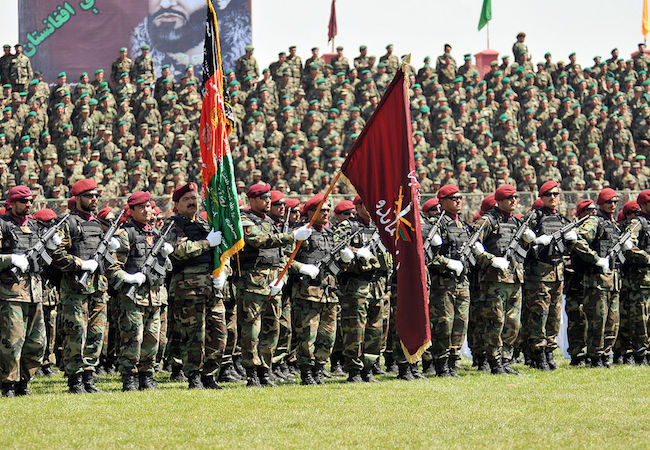
By Nasurullah Brohi
The question of post-2014 Afghanistan and its aftermath remained of prime concern to regional states and as well as to the international community, because the country greatly influences the whole region. It is strongly believed that peace in the region is mainly associated with the peace in the Afghanistan.
The new Afghan government under President Ashraf Ghani is fervently exploring a variety of ways to bring peace to the prolonged war ridden Country. The new regime seeks China’s role in helping the Afghan government to bringing the Taliban on negotiation tables and the China is keenly willing to mediate in the stalled peace process and play its role for the reconciliation between the Afghan Government and the Taliban. The Chinese are geared up to engaging in a leisure and useful role for endowing with the crucial facilitation to Afghanistan in order to save the country from sliding into further commotion specially in the aftermath of the combat mission by allied forces.
Many countries like Saudi Arabia, Turkey and specially the United States have already tried at best to bring peace through the political means and the Taliban therefore brought to the negotiations through Qatar-process but unluckily, the things ended without reaching any fruitful conclusions mainly due to the former President Hamid Karzai’s withdrawal from the talks. However, the need of China’s mediatory role seems much important because other countries either were not that much successful in brokering negotiations or otherwise there was less interest and acceptance by the contending parties.
Noticeably, China for its neutrality is trusted and respected by all the players i.e. Taliban, Afghan government and the Pakistan. According to China’s special representative for Afghanistan and Pakistan Ambassador Sun Yuxi, his country is committed to do more and they want to play a bigger role and also inviting other regional and international powers called ‘six plus one’, which consists US, Russia, China, India, Pakistan and Iran. Nevertheless, according to the proposal, the whole process will remain Afghan-led.
The current intermediary role by China also indicates a foreign policy transformation and a time to test China’s political and diplomatic capacity as a major player in the regional affairs. China has already initiated a trilateral framework with Iran and India. The Chinese led trilateral diplomatic forum with Pakistan and Afghanistan also aims to persuade their cooperation and closeness. The recent meetings on February 9, between Afghanistan, Pakistan and China’s officials in Kabul aimed to initiating the process of trilateral dialogue for the regional cooperation in general and for Afghan stability in particular.
Beijing has well-built motives to enhance regional cooperation and address the important regional security challenges that are of prime concern to its own security as well because China also perceives the Uyghur separatists and the East Turkestan Islamic Movement (ETIM) as major security threats to its national security. Moreover, for some or other reasons the trilateral cooperation will go further ahead because of the Russia’s role as a major player in the region.
As a SCO member state, the Russians will also agree to China’s proposals and the cooperation can further go ahead by the joining of Central Asian Republics who are also victims at the hands of separatist and radical movements.




